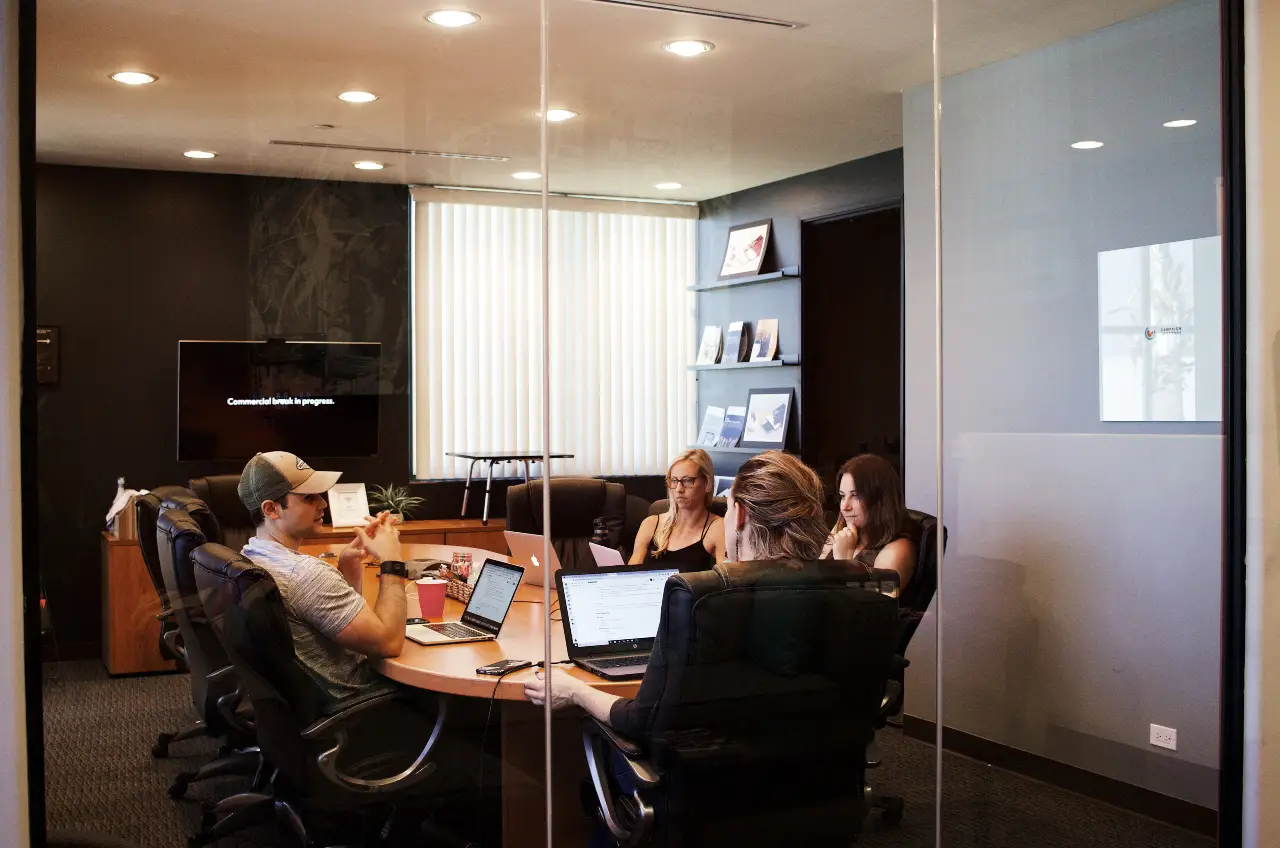Microsoft SharePoint comes with plenty of options to make it easy for users to do things quickly. Accessing, sharing, finding, and creating tasks need to be processed smoothly and quickly. Navigation is the most important factor in a SharePoint site to let users find what they need quickly. It could be a page, link, or any other information the user is searching for.
Making it easily accessible let the user perform tasks like decision making, updating data, or engage with others for specific tasks. Even though there is a search functionality made available to find anything required, most of the SharePoint users choose to find things through browsing. A site with ideal navigation makes sure that the users get a complete picture of the site from the navigation. In this blog, we will tell you how to customize the navigation of a SharePoint Site as required.
What Are The Things You Can Do
You need to customize the navigation of your SharePoint site if you wish to make it easier for users to find your pages, sites, and other targeted content. Among a bunch of things, you can do to improve the navigation of your site, we are listing out the most potential ones here:
- With the help of Modern SharePoint Audience targeting, configure navigational links to specific audiences.
- The quick launch menu seen on the Team Sites can be added with links, edit them, or remove them when required.
- All sites connected to a hub site will come up with a top menu, hub site bar, and footer menu. Edit them as required.
- On Communication Sites, you can configure a multilingual site name, footer, and navigation.
- Make custom changes to the way your page’s logo, navigation style, and colors look.
What You Need to Perform These Actions
By performing the actions mentioned above, you can customize the navigation of your SharePoint site to an ideal state. For making changes to the navigation of a site you will need edit permissions or you must be the owner of the site. If the top menu or left side menu is not visible, that means the owner of the site has already customized the site. On the other side, on a Team Site, you will be able to customize the left-hand menu as of now. If you are in Classic mode, then it is an exception as well.
How to Add A Link to The Menu on The Left Side of a Team Site
Here are the steps you need to follow to add a link to the menu on the left side of a Team Site:
- Go to the team site and click on the Edit option found at the bottom of the left-hand menu.
- Move your mouse pointer towards the area in the menu where you wish to add a link.
- Click on the + icon and from the Add a link dialogue box choose the appropriate link option.
These are the options you will find:
- URL – This option allows you to add a link to any source outside or inside your organization.
- Conversations – It can be used for linking to any Microsoft 365 group conversations related to the team site.
- Notebook - The option lets you add a link to the OneNote notebook connected with the team site.
- Calendar – Use this option to link the Microsoft 365 group calendar that is linked with the team site.
- Planner – You can link the Microsoft Planner instance linked with the team site using this option.
- Choose the suitable options and Click Ok.
It is also possible to add a page to the menu from the Site Pages list. Follow the steps here to complete that action:
- From the menu on the left, choose Pages.
- Select the page you wish to add to the menu. And click on the top navigation bar or next to the page in the list.
- Choose Add to navigation option from the list.
- When you are done customizing the navigation, you can click on Save or choose Cancel to discard changes.
We will explain more about customizing the navigation of a SharePoint Site in our next blog post. Stay tuned.
Have a good day.
Book a Live demo
Schedule a live demo of Dock 365's Contract Management Software now.

Written by Alex K Joseph
Alex Joseph is a Digital Marketing Strategist with explicit knowledge in Content Marketing and Microsoft Technologies. A writer by day, Alex is a night owl and a DIYer. Alex's theory is to make businesses achieve success with modern solutions and smart exploitation of resources.






